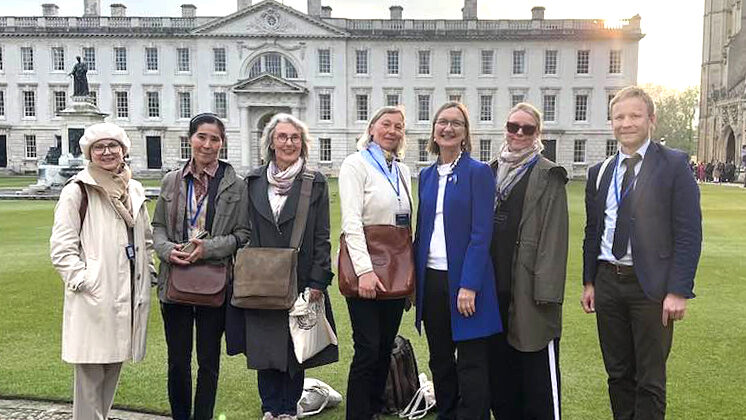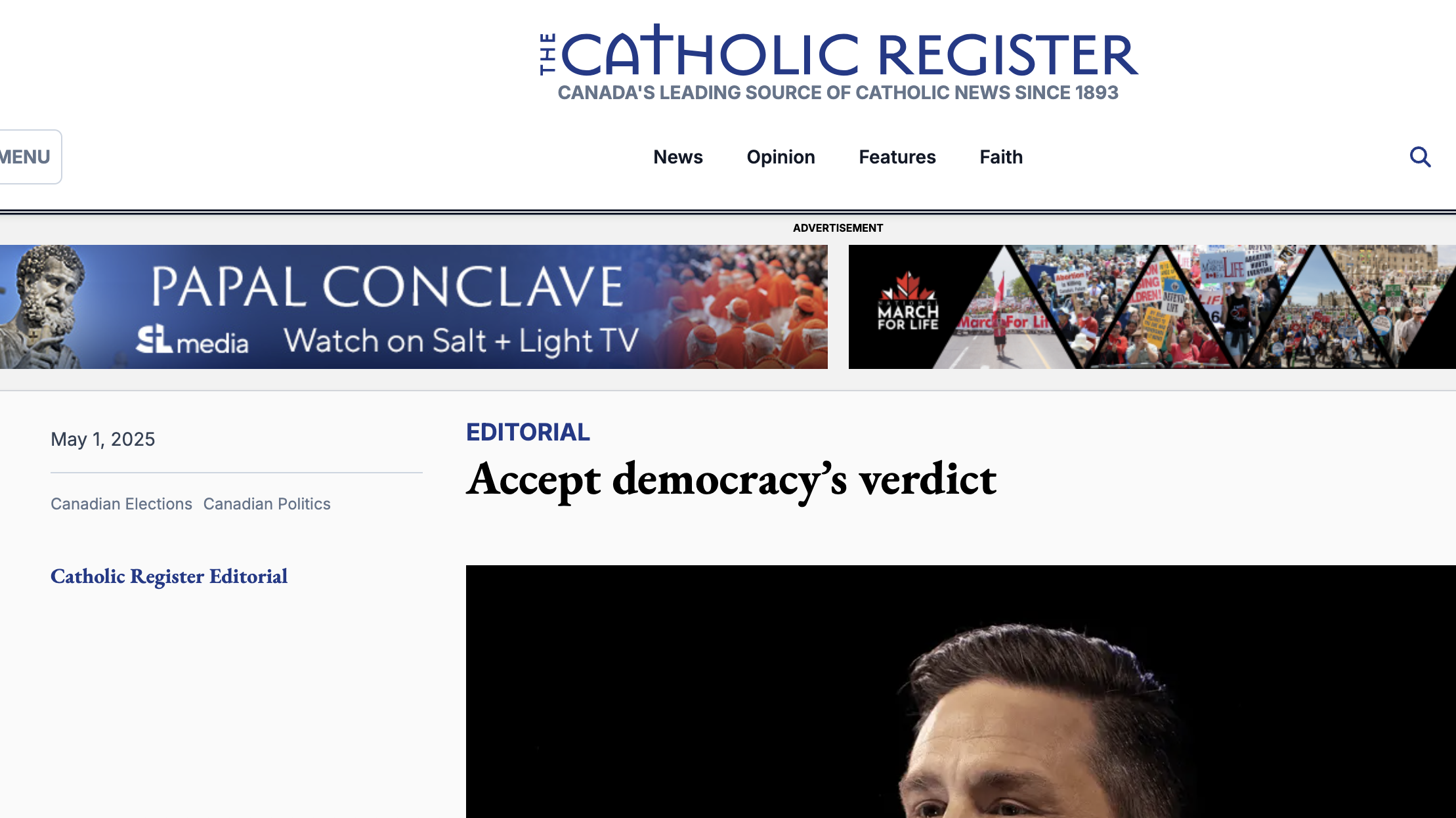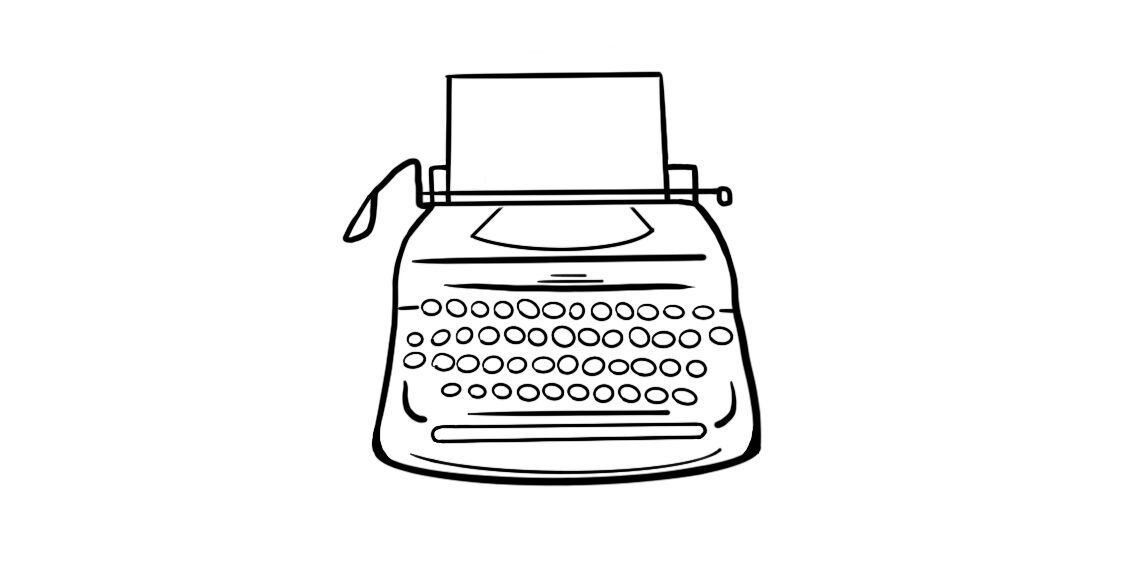It also resulted in dire warnings that the wrath of Moscow will have predictable economic consequences affecting not only Estonian trade-and-investment-dependent entrepreneurs but also the working stiff whose continued employment is linked to good Tallinn-Moscow relations. One might remember the scolding former prime minister Tiit Vähi directed at the government – that many Estonian industries will be seriously crippled by Russia's expected retribution. (Tiit Vähi, a former owner of rare metals refinery Silmet and a prospective developer of harbours in north-east Estonia, one of Estonia's wealthiest businessmen, depends directly on the good-will of Russia and Russians, for his own future projects. In fact, most of those in Estonia who disagreed with the relocation of the statue had personal business assets tied to Russian trade or investment.)
The Soviet statute was relocated in April 2007 and as predicted the Estonian economy started to decline in June. This was partially the result of an international downturn worldwide. What proportion is to be attributed to Russia's vengefulness is practically impossible to determine. To the cursory eye it would seem that the decrease in income from the transit of Russian goods to Estonian ports (mainly nafta) and the increase in hotel vacancies from hesitant Russian tourists resulted from Moscow's “political sanctions”.
However one must consider the following: the new port of Ust-Luga (110 kilometres west of St Petersburg) was under construction and it had been Moscow's fervid intention to divert international shipments through its own facilities rather than be dependent on foreign transit routes. This was the Kremlin's prime opportunity to turn political intimidation into economic sanctions in spite of the consternation of the Russian business community unhappy with the half-finished port, annoying Russian bureaucracy and poor governmental management.
Unconfirmed reports speculate that businesses with ties to top governmental officials were able to remain on the Estonian transit routes while others were forced to use the Ust-Luga port. Observers have stated that those with close Kremlin connections had opportunities to eliminate vexing competitors.
In retrospect Russia's coercive measures against Estonia actually became beneficial to the latter. The west-to-east transit through Estonia experienced a significant boost which is statistically confirmed. Estonian exports to Russia also grew while imports declined which meant that Moscow's economic sanctions (under the guise of political coercive measures) actual worked against Russia's intentions.
During the immediate post-Bronze soldier period imports decreased 39% while exports grew 8%. In the second and third quarters exported services' income grew 27% and 33% respectively and imported services from Russia fell 22% and 28%. In short, the long term trade deficit with Russia changed to a positive balance. This has remained, with some fluctuation, to this day.
The short-lived riots did not deter international investments as a whole. They increased. Russian investments into Estonia have also increased, while Estonian investments to the east have had a steady decline. This obviously has direct political implications and requires astute monitoring.
Unquestionably the bronze soldier affair with its accompanying cyber attack attracted wide international attention to Estonia's IT sector which already was reputed to be innovative and progressive. As a result the NATO Co-operative Cyber Defence Centre of Excellence was established in Tallinn. This also has boosted Estonia's IT sector good repute.
In summary, one can say that Estonia has gained from the bronze soldier affair in general. Its feistiness boosted its international standing. Russia's ‘political' sanctions helped restructure the lucrative transit trade and boosted market potential for Estonian goods in Russia itself.
Laas Leivat




